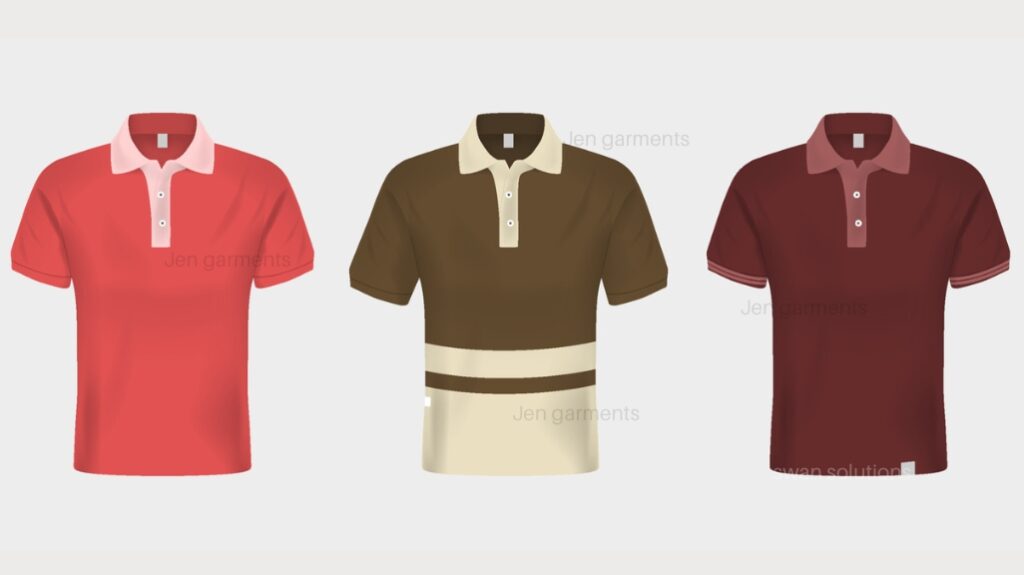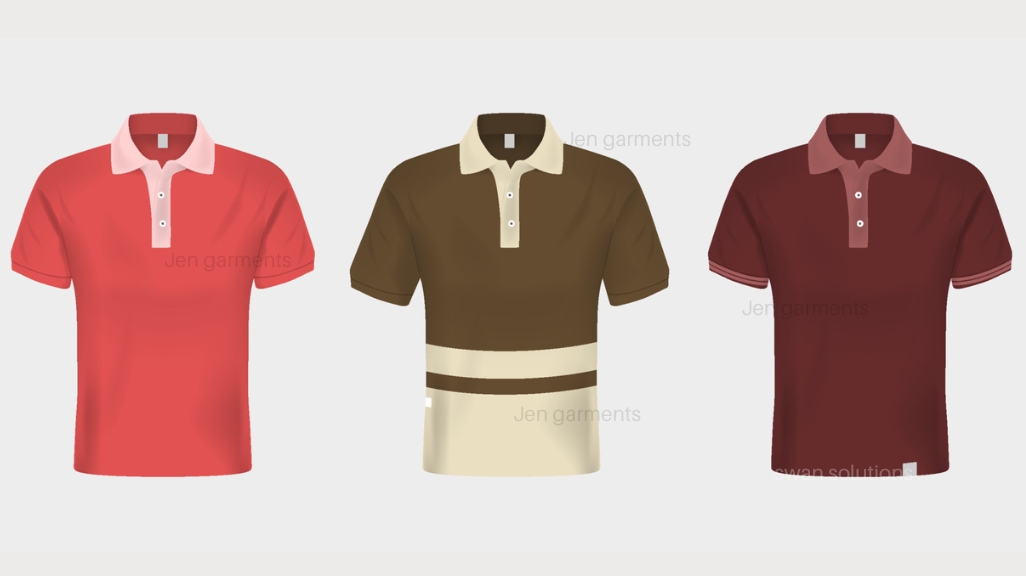Corporate T-shirt makers in Tirupur with an increasing awareness of environmental concerns, the necessity for sustainable manufacturing practices in the textile industry has become undeniable. This article explores how manufacturers in Tirupur, India – a renowned hub – are taking significant steps towards sustainable textile manufacturing. Specifically, it examines their innovative approaches in producing corporate T-shirts while prioritizing sustainability.
The Importance of Sustainability in Textile Manufacturing
Understanding the significance of sustainability in textile manufacturing is paramount. Traditional practices often involve the utilization of toxic chemicals, excessive energy consumption, and intensive water usage. Moreover, the prevailing fast fashion culture exacerbates waste generation and environmental degradation. In light of these detrimental effects, adopting sustainable practices becomes indispensable to mitigate these issues and maintain ecological balance.

The Tirupur Textile Scene
Dubbed as the knitwear capital of India, Tirupur holds a prominent position in the global textile market. Consequently, it becomes imperative to discover sustainable methods for producing corporate T-shirts without compromising quality and output. In this narrative, we will delve into how Corporate T-shirt makers in Tirupur are successfully transitioning towards more environmentally-friendly practices.
Utilizing Eco-Friendly Materials
To initiate the journey, embracing eco-friendly materials stands as a crucial pivot towards sustainable textile manufacturing in Tirupur. Manufacturers are wholeheartedly adopting alternatives such as organic cotton, recycled polyester, and bamboo fiber. These materials are cultivated without the use of harmful pesticides and chemicals, effectively mitigating environmental pollution while ensuring optimal comfort and durability in the final product.
Efficient Water Management
Water scarcity poses a prevalent issue within the textile industry. Surprisingly, a single T-shirt production consumes an astonishing 2,700 liters of water. However, manufacturers in Tirupur have recognized this challenge and are proactively adopting innovative techniques like Zero Liquid Discharge (ZLD). These techniques effectively reduce water consumption and enable optimal wastewater management. By promoting the reuse and recycling of water, these methods remarkably minimize the industry’s overall water footprint.
Embracing Natural Dyes
The synthetic dyes frequently result in water pollution and harsh working conditions. As a solution, manufacturers in Tirupur are transitioning to natural dyes derived from plants, flowers, and minerals. These alternative dyes not only mitigate health risks but also offer vibrant and distinctive shades that bring an additional dimension to the corporate T-shirts.
Addressing Energy Efficiency
Energy conservation plays a crucial role in ensuring sustainable textile manufacturing. In Tirupur, manufacturers are actively embracing energy-efficient machinery and exploring renewable sources like solar power. This strategic shift away from non-renewable energy sources paves the path for a more environmentally friendly textile manufacturing process.
Collaborating with Environmental Accreditations
To ensure transparency and promote sustainable practices, manufacturers based in Tirupur are increasingly collaborating with renowned organizations like the Global Organic Textile Standard (GOTS) and OEKO-TEX. By strictly adhering to the guidelines set by these organizations, manufacturers can demonstrate their unwavering commitment to sustainability while simultaneously assuring customers of the eco-friendliness of their products.
The Long-term Benefits of Sustainable Textile Manufacturing
- Employing sustainable practices in the textile industry reduces its environmental impact and conserves resources for future generations, thus promoting environmental preservation.
- Manufacturers prioritize healthier working conditions through the reduction of harmful chemicals. This not only safeguards the wellbeing of their employees but also protects the surrounding communities.
- Market Appeal: Consumers are increasingly recognizing the significance of sustainability, leading to a rising demand for environmentally responsible products. Manufacturers who adopt eco-friendly practices can leverage this trend, potentially attaining a competitive edge.
- Regulatory Compliance: By embracing sustainable practices, manufacturers can avoid potential regulatory complications and penalties. This not only ensures continued operations but also enhances their ability to adapt in a rapidly evolving global ecosystem.
Conclusion Tirupur manufacturers have made significant progress in sustainable textile manufacturing for corporate T-shirts. They demonstrate their commitment to a greener future by incorporating eco-friendly materials, efficient water management, natural dyes, energy conservation, and collaborating with environmental accreditations. These practices not only benefit the environment but also contribute positively to the industry’s long-term sustainability. The ongoing innovations in Tirupur hold promising potential for transitioning towards a more responsible textile industry. This paves the way for a brighter future where sustainability becomes the norm.

